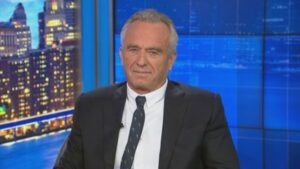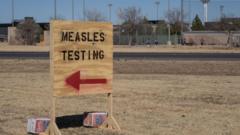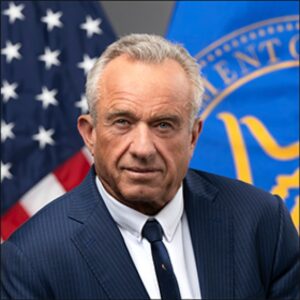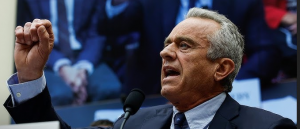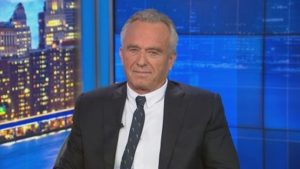A U.S. government report on childhood health issues has been called into question as academics associated with purported studies claim they were fabricated. The controversy has highlighted serious concerns over the report's integrity and accuracy.
Controversial U.S. Health Report Faces Criticism for Fabricated Sources

Controversial U.S. Health Report Faces Criticism for Fabricated Sources
Academics dispute claims made in a recent government report on children's health, citing non-existent studies.
A recent U.S. government report detailing a "chronic disease crisis" among children has drawn significant backlash from academic circles after it was revealed to contain citations of non-existent studies. Initially released on May 22, the report aimed to elucidate causes behind the alarming increase in chronic health issues impacting American youth. However, scrutiny by digital media outlet NOTUS led to the discovery of at least seven fictitious references. The report was subsequently amended on May 29.
White House press secretary Karoline Leavitt characterized the issue as merely "formatting problems," asserting that future updates would not undermine the report's core findings. However, the credibility of the report, issued under the leadership of U.S. Health Secretary Robert F. Kennedy Jr., has come under fire. Kennedy, known for promoting controversial health claims, such as the erroneous link between vaccines and autism, leads the Department of Health and Human Services responsible for the report.
The origins of the report can be traced back to an executive order from President Donald Trump aimed at addressing chronic diseases in children. Compiled by the Make America Healthy Again Commission, the report attributes factors such as inadequate nutrition, environmental hazards, stress, and excessive medical intervention as contributors to this crisis.
Several academics named as authors of the highlighted studies have publicly refuted their involvement. Guohua Li, a professor from Columbia University, expressed his shock upon discovering his name cited in reference to a mental health report that "totally fabricated" his contribution. His co-author, Noah Kreski, echoed similar sentiments, stating the referenced study does not exist. Another epidemiologist, Katherine Keyes, has also expressed concern over the integrity of citation practices in scientific research.
Further scrutiny revealed that an additional study linked to the advertising of psychotropic medications in youth was falsely attributed to another professional, leading their institution to clarify the error. In response to the report's inaccuracies, the Democratic National Committee criticized Kennedy's administration for relying on pseudoscientific sources, arguing that the report's citations exemplify a broader problem with factual fidelity.
Since taking office in February, RFK Jr. has implemented significant changes within the health department, including extensive staffing cuts and proposals for placebo tests for new vaccines. The fallout from this report could have lasting implications for public trust in health policies and recommendations.



